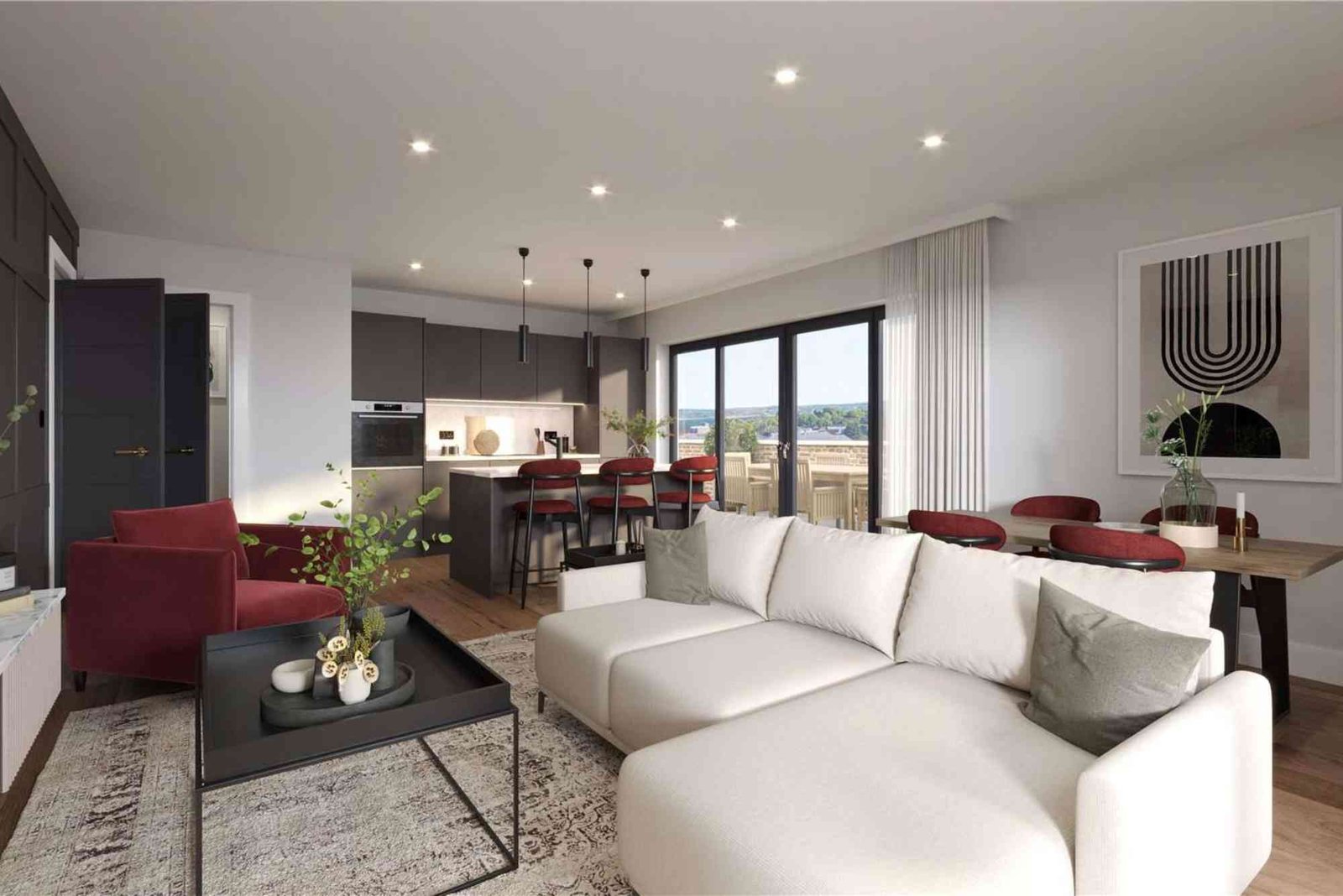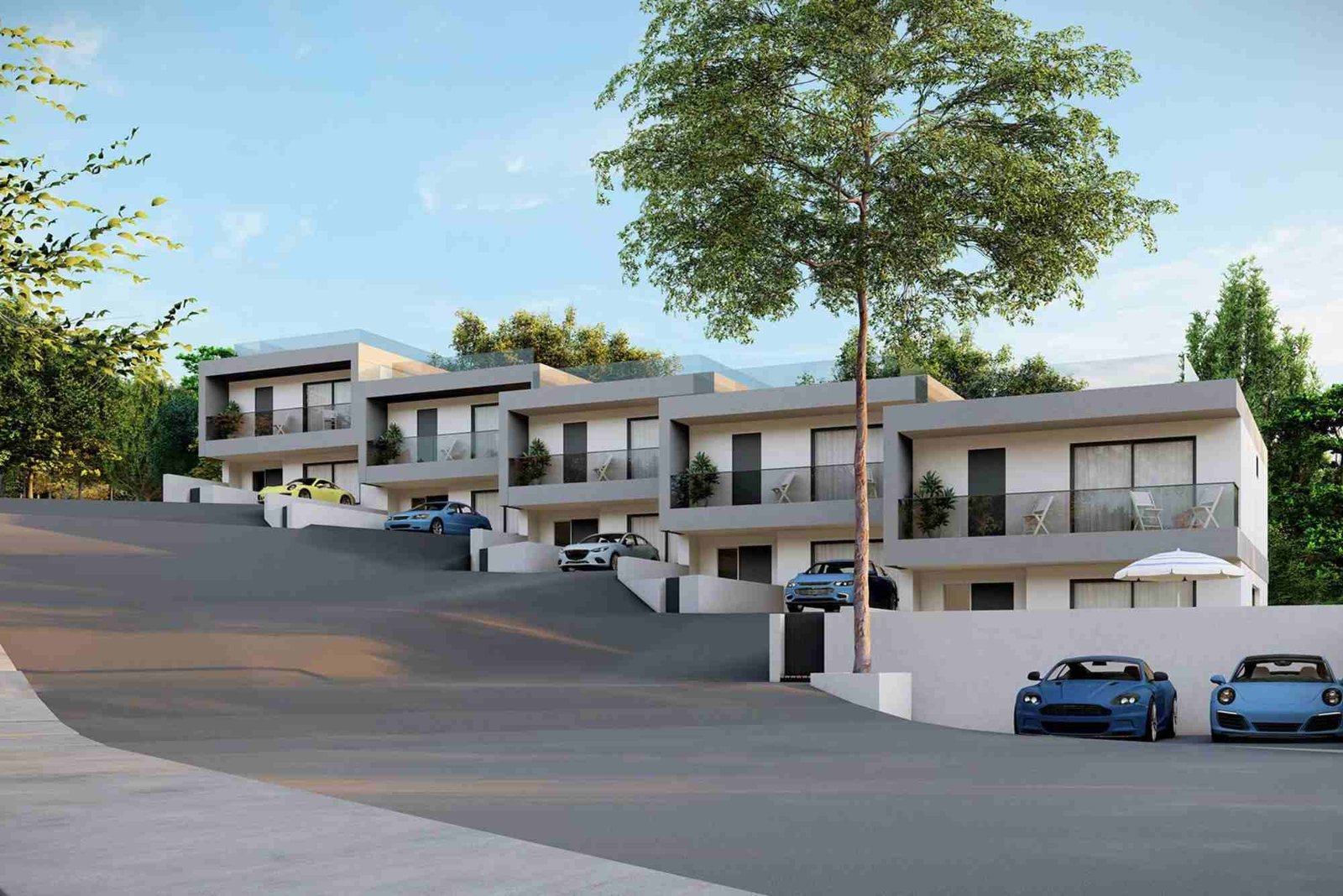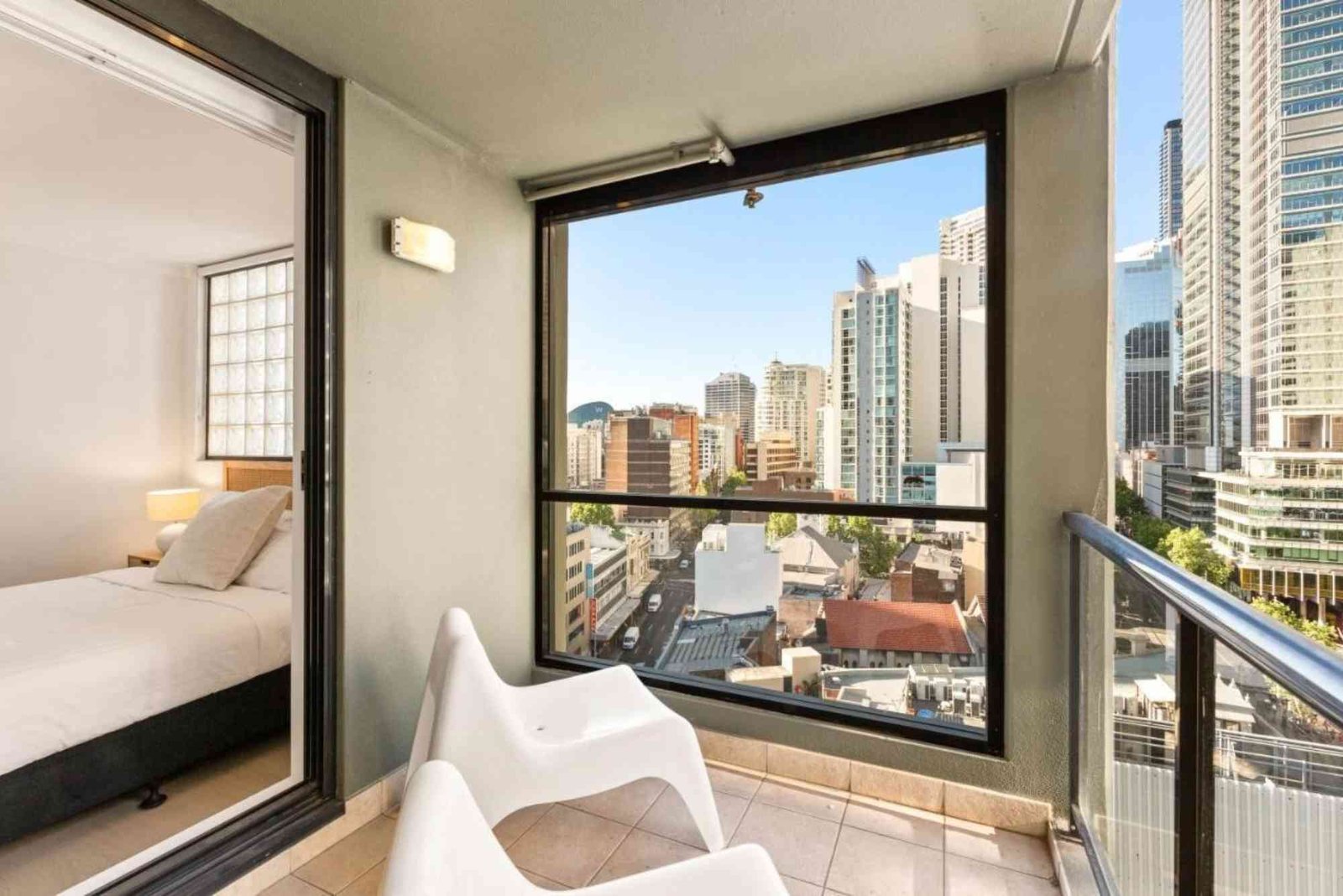The UAE’s booming property market continues to attract investors from around the world. With its world-class infrastructure, tax-free income, and investor-friendly climate, many are asking: Can foreigners buy real estate in UAE? The short answer is yes, but the process, regulations, and available zones can vary depending on the emirate.
This article provides an in-depth overview for foreign nationals considering whether to buy real estate in UAE, outlining key legal frameworks, opportunities, and challenges.
Understanding Foreign Ownership in the UAE
The UAE comprises seven emirates, but Dubai and Abu Dhabi remain the most open and active for real estate investment by foreigners. Unlike in some countries where foreign property ownership is restricted or heavily taxed, the UAE has been actively promoting foreign investment in its real estate sector since the early 2000s.
Freehold vs Leasehold Ownership
Foreigners can typically buy property in designated areas known as freehold zones. In these areas, buyers own the property outright, with full rights to sell, lease, or bequeath the asset. These zones are prevalent in Dubai and expanding in Abu Dhabi.
In leasehold areas, foreigners may only lease a property for up to 99 years. While less flexible than freehold ownership, leasehold still provides long-term usage rights.
Legal Framework for Property Buyers
Foreign investors interested in buying real estate in UAE must adhere to the specific regulations set by the emirate in which they intend to purchase.
Dubai
Dubai has led the charge in liberalizing its real estate laws for foreigners. Since 2002, non-GCC nationals have been allowed to buy, sell, and lease properties in designated freehold areas such as Dubai Marina, Palm Jumeirah, Downtown Dubai, and Business Bay.
A foreigner can buy real estate in UAE through a straightforward process involving:
Valid passport copy
Sales and purchase agreement
Registration with the Dubai Land Department (DLD)
No residency is required, though owning property above a certain value can be a path to a residence visa.
Abu Dhabi
Abu Dhabi previously only allowed leasehold for foreigners but amended its laws in 2019 to permit freehold ownership in certain zones like Yas Island, Al Raha Beach, and Saadiyat Island.
The procedure for foreigners to buy real estate in UAE’s capital is also relatively efficient, involving title registration and documentation submission to the Abu Dhabi Department of Urban Planning and Municipalities.
Why Foreigners Choose to Buy Real Estate in UAE
Strategic Location
UAE’s location as a global hub between Asia, Europe, and Africa makes it a prime destination for both residential and investment properties.
Tax Advantages
One of the biggest draws for those looking to buy real estate in UAE is the tax-free nature of property ownership—no income tax, capital gains tax, or property tax in most cases.
High ROI and Rental Yields
Dubai, in particular, offers rental yields as high as 7–10%, which is significantly above global averages. Short-term rentals (e.g., via Airbnb) are legal in many areas, further increasing profitability.
Safety and Infrastructure
The UAE consistently ranks among the safest countries globally, with state-of-the-art infrastructure, healthcare, and education systems that attract both families and solo investors.
Challenges and Things to Consider
While the UAE is welcoming to foreign property ownership, it’s important to be aware of potential challenges.
Currency Fluctuations
For foreign investors dealing in currencies other than AED (UAE Dirham), currency exchange risks can affect returns.
Regulatory Updates
The real estate market in UAE evolves rapidly. Regulations, fees, and visa rules can change, so staying informed is crucial before deciding to buy real estate in UAE.
Service Charges and Maintenance Fees
Properties in the UAE, especially in apartment complexes or communities, often come with annual service charges. These can affect ROI if not accounted for in financial planning.
Financing Options for Foreign Buyers
Foreigners can finance their property purchase through UAE banks, although eligibility criteria may be stricter than for locals.
Typical requirements include:
Proof of stable income
Down payment (often 25%–35% for foreigners)
Valid residence visa or passport
Interest rates and loan terms vary, but fixed and variable mortgage options are available from most major banks.
Steps to Buy Real Estate in UAE
1. Choose the Right Area
Research freehold zones and decide whether you’re buying for residence, rental income, or capital gains. Dubai offers a wider range of choices, but Abu Dhabi is catching up fast.
2. Work with a Licensed Broker
Ensure the agent is registered with the appropriate authority (e.g., RERA in Dubai). This protects you legally and ensures transparent transactions.
3. Draft a Sale Agreement
Negotiate terms such as price, payment schedule, and transfer date. Review all terms carefully or seek legal advice.
4. Submit Required Documents
These typically include your passport, proof of funds, and signed agreements. You may also need an Emirates ID if you’re a resident.
5. Register the Property
Finalize the transaction by registering with the Land Department. You’ll receive a title deed upon completion, confirming your ownership.
Residency by Property Investment
One of the most attractive benefits of choosing to buy real estate in UAE is the eligibility for a residence visa.
As of recent updates:
A 2-year renewable visa is available for property worth over AED 750,000
A 10-year Golden Visa may be available for properties valued over AED 2 million
This adds another layer of appeal for foreign investors looking for long-term stability in the region.
Conclusion
Foreigners can absolutely buy real estate in UAE, and the process is becoming more streamlined and transparent than ever before. Whether you’re seeking rental income, capital appreciation, or a long-term residence solution, the UAE offers diverse opportunities with world-class infrastructure and financial incentives. However, it’s essential to stay updated on legal requirements, market conditions, and financial responsibilities.
For those ready to make a move, choosing to buy real estate in UAE could be one of the smartest and most rewarding decisions for long-term financial growth and lifestyle improvement. And with more freehold zones opening up across the country, now might be the ideal time to explore your options and buy real estate in UAE confidently.












